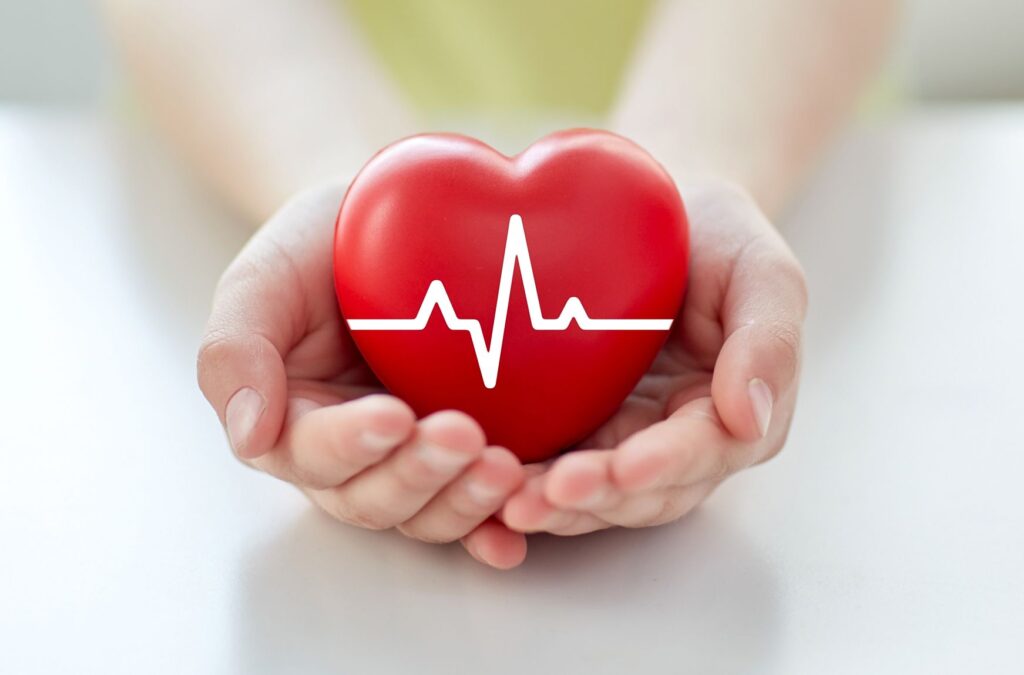
Do you snore frequently, or do you often feel more drained when you awake in the morning than when you drifted off the evening before? If so, you may be suffering from sleep apnea. This condition interrupts your normal circadian rhythms at night, hindering the regenerative processes that should typically occur while you rest.
Many patients are unaware that they have this disorder, and others are already diagnosed but don’t seek treatment because they don’t think it’s a big deal. However, sleep apnea can contribute to other serious health concerns, like heart problems. Continue reading to learn more!
What is Sleep Apnea?
Did you know that the average person completes four to six repetitions of a four-stage sleep cycle while they catch some z’s? Each stage is responsible for different functions, like tissue growth and repair, immune system strengthening, memory consolidation, and hormone regulation.
People with this condition experience multiple episodes of interrupted breathing at night that prevents them from completing the necessary circadian cycles successfully. There are two main types, and they are:
- Obstructive sleep apnea (OSA). This is the most common form and can affect people of all ages and genders, though it tends to be more common in men and middle-aged or older adults. This occurs when relaxed muscles or excessive tissues block the airways when you lay down to rest.
- Central sleep apnea (CSA). This is less common and happens when the brain fails to send appropriate signals to the muscles controlling your autonomic breathing, halting your inhales and exhales.
How Does Sleep Apnea Affect Heart Health?
Although studies haven’t established a direct cause-and-effect relationship between sleep apnea and heart attacks, the two conditions are believed to significantly impact each other. For instance, interrupted breathing at night deprives your brain and blood of oxygen. As a result, your heart is forced to work harder to pump blood.
Furthermore, your system releases fight-or-flight chemicals like adrenaline, which spike your blood pressure when it’s short on oxygen. Over time, this can damage the blood vessels, contributing to chronic high blood pressure (hypertension).
Finally, it’s believed that the repetitive stress of irregular heartbeats can weaken the muscle and contribute to sudden cardiac arrest.
How Do I Know if I Have Sleep Apnea?
There are several symptoms that might point to this disorder, such as:
- Consistently snoring.
- Gasping or choking.
- Morning headaches.
- Excessive daytime exhaustion.
- Issues with memory and concentration.
- Anxiety or depression.
- Mood swings or irritability.
If you’re unsure whether you’re experiencing interrupted breathing overnight, the best way to find out is to contact your sleep dentist for an evaluation!
About the Practice
At True North Dental Group, people of all ages benefit from two dentists dedicated to helping them improve their daily quality of life by enhancing their dental health. Dr. Carl Gerner and Dr. Craig Heins each have decades of experience providing a comprehensive range of services conveniently under one roof, including addressing sleep apnea. They can refer you to a specialist to diagnose your condition, then work with you to customize a treatment plan to meet your unique needs. You can request an appointment on the website or call (518) 563-7620.
